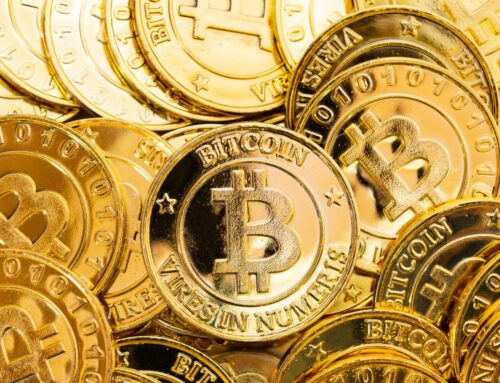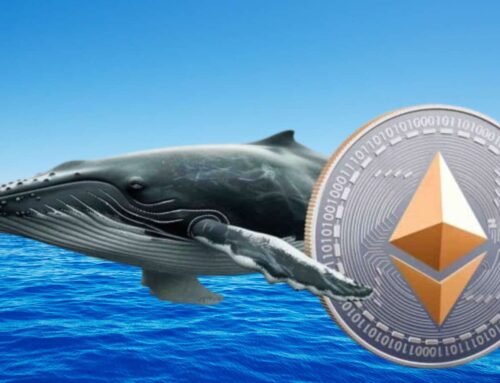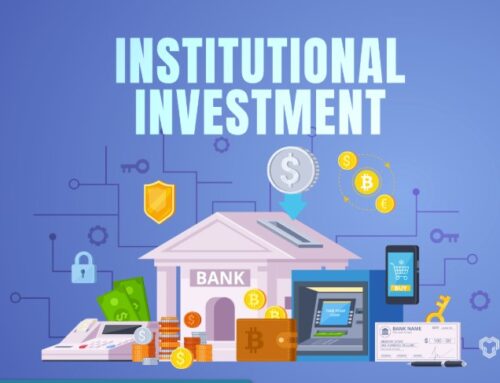Why your Alibaba bet may be better placed on Yahoo
September 15, 2014
Opinion: Why your Alibaba bet may be better placed on Yahoo
Market may not be reflecting big stake correctly
Alibaba Group is about to take the IPO crown when it’s expected to debut on Sept 18. It’s a long awaited debut for what is the largest Internet and e-commerce based company in the world.
While relatively unknown in the west, Alibaba has a myriad of operations, and investments, from its Alibaba marketplace (wholesale business-to-business sales and service), Taobao marketplace (think Amazon and EBay combined), Alipay (think PayPal and all mobile payments combined), TMall (think online BestBuy), cloud services (think SalesForce.com), Tudou (think Netflix and Youtube), and many more. Basically almost everything you can buy or do on the internet in China, Alibaba has some ownership of it. It has also recently started expanding into a more global company, bringing its services and products to a larger audience.
In many ways, Alibaba’s IPO is regarded as the next coming of Internet-driven riches, following the likes of Facebook, Google, Amazon, and eBay, minting millionaires by the thousands. While Alibaba has basically dominated all of China e-commerce, it has only just started to expand globally. Because of this, there is tremendous growth potential for Alibaba.
In Q2 2014, Alibaba reported $2.5 billion in revenue, a 46% increase over the previous year. It also reported earnings of $1.99 billion, triple that of last year. Clearly, it’s still growing and growing strongly. So why not buy directly into its IPO?
As with all big IPOs, unless you’re a privileged, important investor at a well-connected brokerage, you probably won’t get the time of day. While the IPO share price is advertised at $60-$66, the real price you’ll pay is whatever it opens at on the stock exchange, which is almost assuredly more than the suggested IPO price.
Additionally IPOs for large events like Alibaba are incredibly hype-driven and can often be a roller coaster of ups and downs before it settles. It’s pretty common for IPOs to drop below their IPO price within a few months of debut (see Facebook, Pandora, LinkedIn, Potbelly, etc).
An interesting alternative to jumping into Alibaba stock can be found in YahooYHOO, +0.00% and Softbank 9984, +2.26% . As they’re already trading in the stock markets and own a substantial portion of Alibaba (22% for Yahoo and 37% for Softbank), their shares should reflect the value of those stakes.
While Yahoo’s stake in Alibaba is well known by now, there remains a curious valuation situation for Yahoo. At Alibaba’s IPO price of $60-$66, the company is valued at about $160 billion market capitalization. With a 22.4% stake, that’ll price Yahoo’s investment at almost $36 billion. Comparing that with Yahoo’s current valuation yields some interesting results.
At a stock price of $41 per share, Yahoo is valued by the market at $41 billion. With cash on hand of approximately $1 billion to $2 billion, debt of only $1 billion, and a Yahoo Japan stake estimated at $5 bullion to $11 billion, adding a Alibaba stake of $36 billion yields conservative estimates of around $42 billion, significantly more than its current valuation.
On top of that, despite Yahoo’s poor standing among investors, its base business is relatively stable and profitable — over $1.2 billion in profit last year. Even assuming a conservative earnings multiplier of 5, Yahoo’s core business should be worth $5 billion, almost none of which is realized in Yahoo’s current price.
Yahoo’s valuation gap
So what’s going on? The efficient market hypothesis says that the market should already take these factors into account and the stock should thus be properly valued. If true, what factors could cause this valuation gap?
The first and most obvious is tax. For this IPO, Yahoo has committed to selling 140 million shares netting about $8 billion in proceeds and over $5 billion after taxes. At a 35% tax rate, Yahoo’s $36 billion would be worth only $23 billion, quite a bit lower. But as we’ve learned, if there’s one thing big multinationals know — it’s how to lower their tax bill (legally of course) and Yahoo is likely no exception. As a large portion of Yahoo’s Alibaba shares are held in Hong Kong where there’s no capital-gains tax, there’s many potential ways to avoid taxes on the stake.
A second potential reason for the valuation gap may be lack of trust in Yahoo’s use of that cash. Only half of the initial $140 million IPO sale is promised to be returned to shareholders, likely by special dividends, stock buyback or another mechanisms. The other half will be used to invest in Yahoo’s business.
What will that investment look like? It could be a brilliant move to corner the next big web 3.0 businesses, or it could be a value destroying $25 billion dollar acquisition of a zero revenue texting app, chasing after Facebook’s $19 billion WhatsApp purchase. Will that be the case? Doubtful but you never know.
A third reason for the valuation gap is that Alibaba may be overvalued. For all the talk of IPO prices and record market caps, nobody knows how much it’s really worth. One example of this uncertainty is the murky nature of Alipay’s ownership. And though sales and profits are on a skyward trajectory, perhaps the market lacks conviction in its growth.
It’s possible the market has already discounted Alibaba’s value and Yahoo now reflects that diminished estimate. However, considering the sky-high price-to-profit ratio for other tech companies like Amazon, Netflix and Chinese competitors like Tencent Holdings and Baidu, this sudden conservatism and discounting is likely not the case.
Lastly, and most important to potential investors, maybe the valuation gap is because the efficient market hypothesis is…not so efficient. For all the hype about the EMH, there have been plenty of cases where it has failed and the markets have proven that it’s not always rational. Behavioral factors, lack of complete information and simple irrationality could all be responsible for Yahoo’s share price not fully reflecting its assets.
If true, this means that there’s a significant undervaluation situation in Yahoo’s shares. Even in the best-case scenario where the market has fully valued those assets, any number of upside results or surprises, such as a huge jump in Alibaba’s stock price, can yield large returns for Yahoo too.
Considering the comfortable margin of safety built into valuations, Yahoo remains a very interesting potential bet for those interested in Alibaba.
Disclaimer: Author is currently long on Yahoo stock.
Search
RECENT PRESS RELEASES
Related Post

 Bloomberg
Bloomberg




